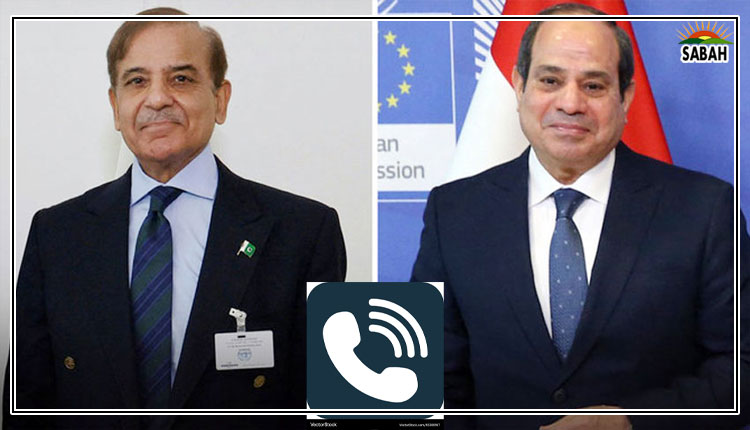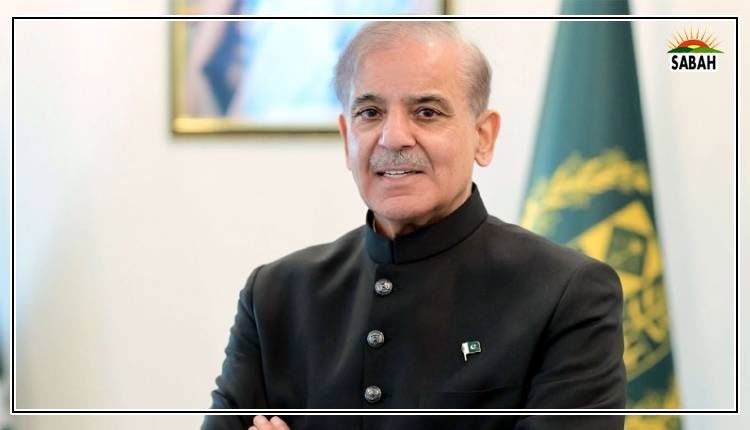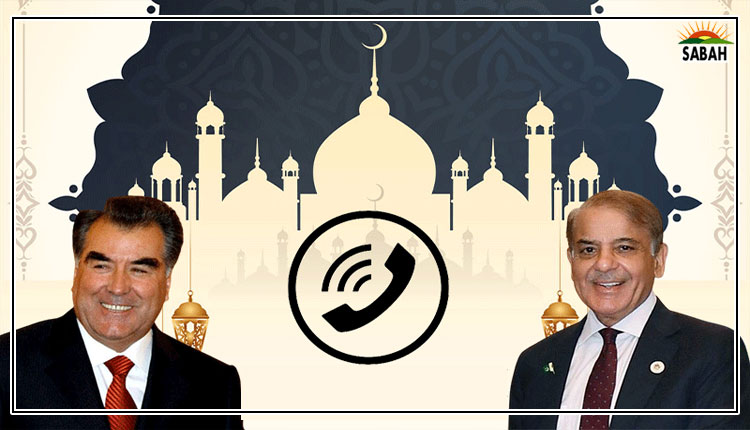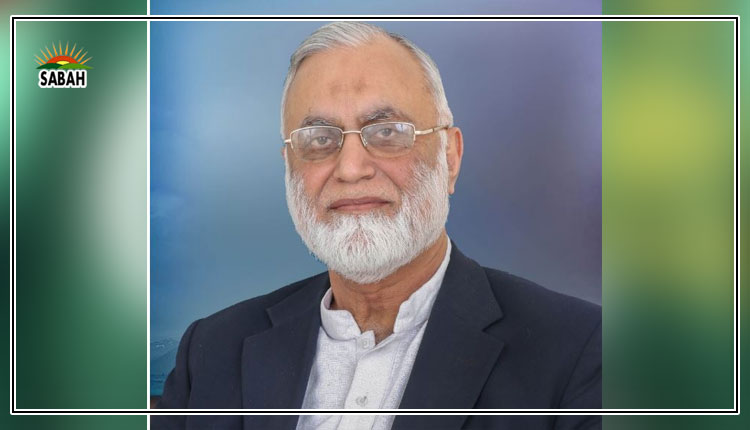Back in the news … Huma Yusuf
“YOU can check out any time you like, but you can never leave.” Those famous lyrics are going to haunt American officials after next month’s US presidential elections as Washington again considers its Afghanistan problem. How it will broach this problem is unsurprisingly of interest to Pakistan’s establishment. But rather than endure a case of déjà vu, could our leaders pitch a new approach?
Just under 24 million Afghans require humanitarian assistance, 48 per cent of them live below the poverty line, and Afghan women’s rights are so decimated that women are now prohibited from even speaking in public. Over the past three years, these factors have not been sufficient to draw global attention to Afghanistan. The world remains focused on the conflict in the Middle East, Russia’s posturing, and US-China rivalry.
And yet, Afghanistan is creeping back into America’s line of sight, and the recent arrest of an Afghan national in Oklahoma for allegedly planning Election Day attacks in the name of IS will put the issue into centre focus. The man was apprehended while trying to stockpile weapons after trawling through online IS propaganda. His detention is a reminder that the US is not secure against terrorism while militant safe havens persist.
Even earlier, Afghanistan was back in US headlines, because it has become a useful punching bag in the context of domestic politics. America’s chaotic departure from Afghanistan — based on a deal with the Afghan Taliban brokered by the Trump administration, followed by an exit plan executed by the Biden administration — has featured repeatedly on the campaign trail, with Republicans and Democrats blaming each other for all that went wrong.
Afghanistan is creeping back into America’s line of sight.
The Republican Party timed its publication last month of a report that sharply criticises the Biden administration for failing to plan for the return to power of the Taliban, and taking steps to safely evacuate Americans and their Afghan allies beforehand. It aims to defend the Republicans’ record following last year’s After Action Review, an internal US government probe into both sides’ failings during the withdrawal, particularly the failure to anticipate and plan for worst-case scenarios. Having stirred the Afghan pot to win domestic political points, the next US government will have to contend with what it has brewed.
Reprioritisation of Afghanistan will also be driven by the fact that Russia is seeking to emerge as a regional leader on the topic. The Moscow Format meeting involving regional governments earlier this month focused on Afghanistan, and stressed how regional security hinges on the Taliban’s ability to clamp down on militant groups operating from its soil. This is not a conversation Washington can easily ignore.
In this context, Pakistan is preparing for a throwback to the days when Washington worried about global terrorism threats emanating from Afghanistan, and sought to tackle them by scattering counterterrorism funding in Islamabad’s direction. Increased CT cooperation was the focus of bilateral meetings between the US and Pakistan in May, and the government’s decision to ‘reinvigorate’ its national CT strategy in June appeared strategically timed.
No doubt, Pakistan faces a grave and material security threat from groups such as the TTP that carry out cross-border attacks from Afghanistan. The rapid rise in militant attacks is alarming: August’s death toll of 254 people killed in militant attacks — the highest over the past six years — was an unambiguous warning sign. Pakistan should absolutely do whatever it takes to eliminate this security threat, including cooperating with regional governments similarly affected, as well as global players with their own vested interests such as the US.
But what the state should not do is cynically use CT considerations as a blunt instrument against public dissent. Nor should it assume that rekindled US interest in regional security offers it carte blanche to clamp down in the name of national security. The PTM ban on tenuous security grounds, the conflation of Pakhtun identity with terrorism and anti-state positioning, the focus on Afghan flags at the PTM jirga — these are missteps that distract from the real threat and damage state credibility.
Perhaps this time around the government can take advantage of the presence of a large, local constituency that is opposed to extremist violence, and instead, privileges peaceful protest, rule of law and democratic rights. Throughout our erstwhile ‘war on terror’ we sought effective CT narratives. These now exist in the form of grassroots movements across the country. A changing geopolitical context should not embolden their suppression — it should empower them as strong alternatives to future cycles of violence.
The writer is a political and integrity risk analyst.
X: @humayusuf
Courtesy Dawn, October 14th, 2024












